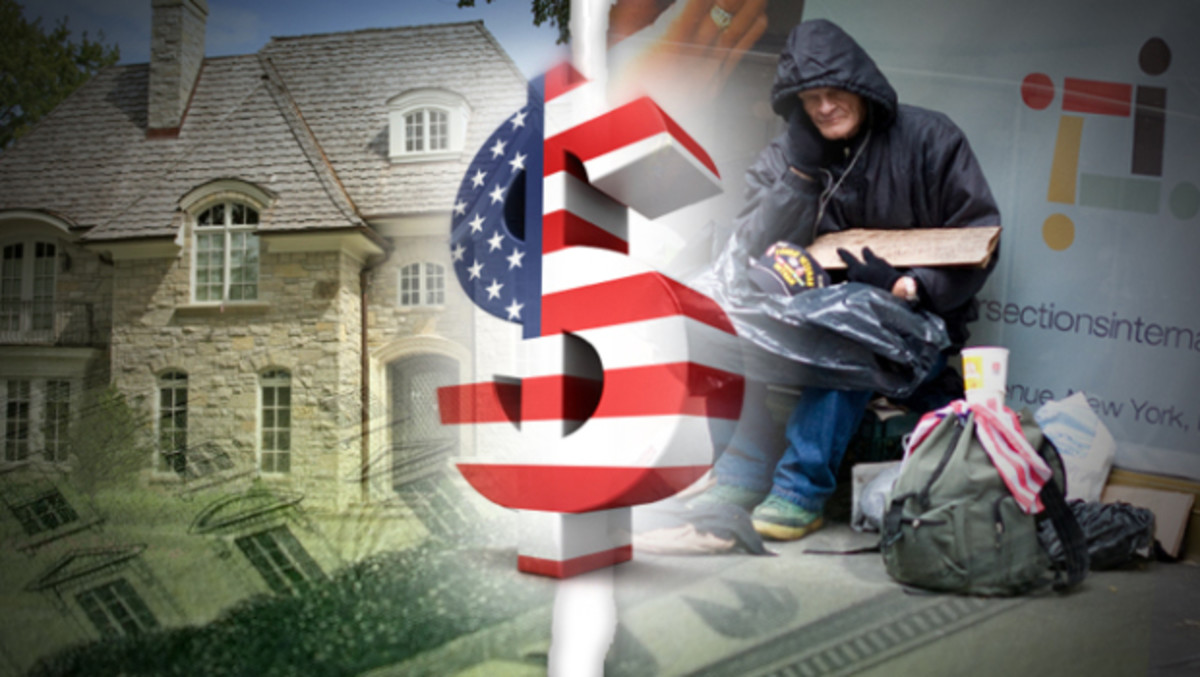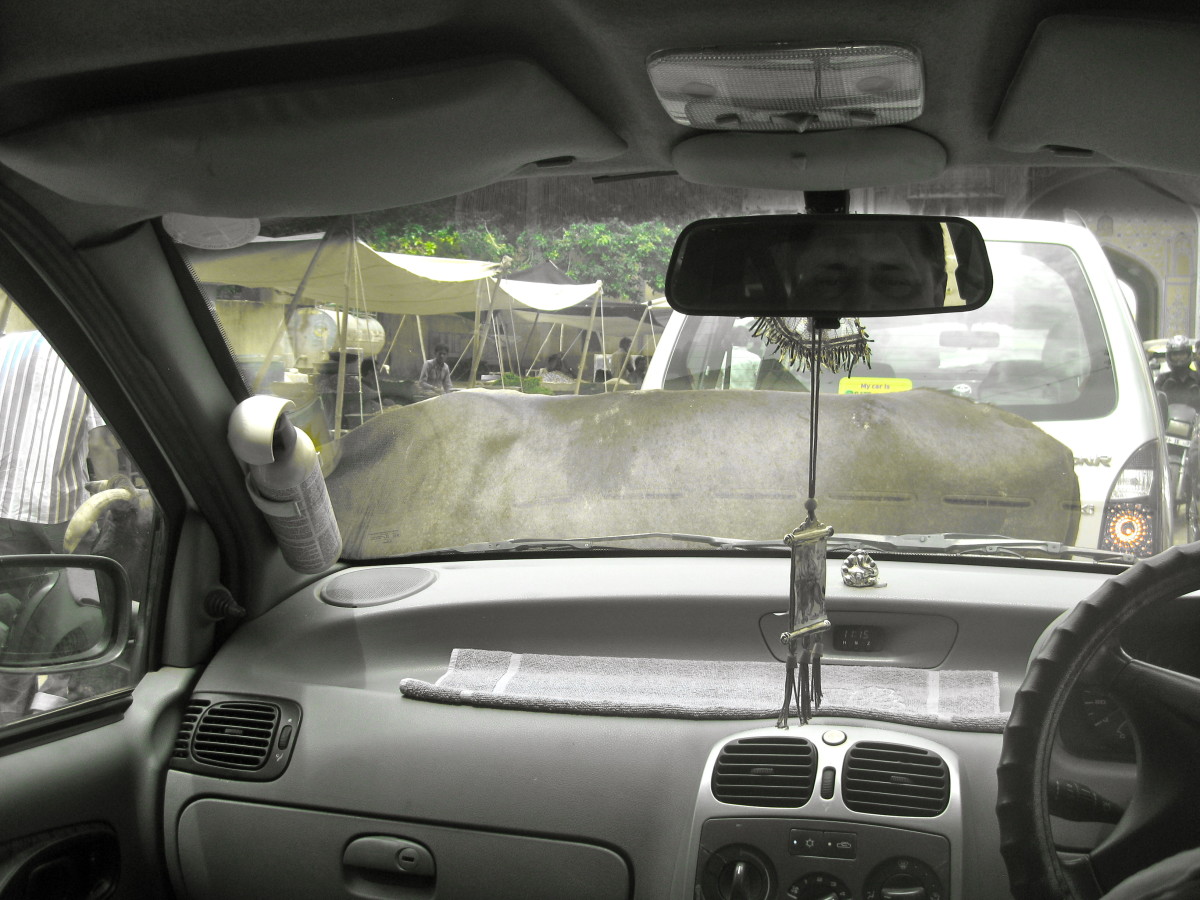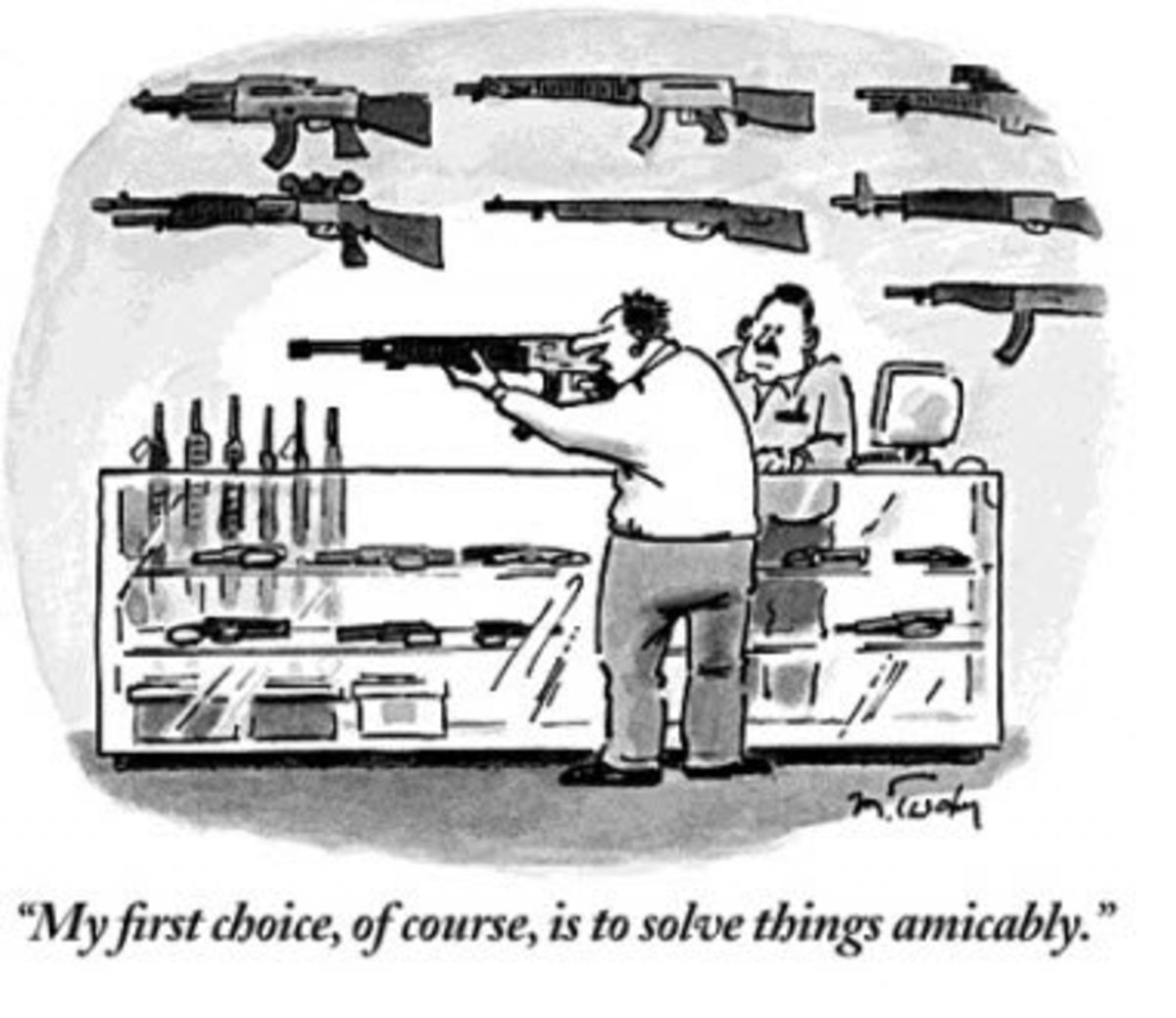Tipping for Service - Why, and Where did it Originate?
Tip Jar

Tipping in the USA
Any visitor to the U.S. soon comes across the custom of tipping for service. The American Travel Website Tripadvisor suggests that tipping is not mandatory but is customary. It goes on to say that generally your tip should be in proportion to the service and quality of service delivered.
Dictionary Definition
Oxforddictionaries.com defines tip as:
Give (someone) a sum of money as a way of rewarding them for their services.
Origin - Early 17th Century (in the sense 'give, hand, pass)
Why Tip and How Much?
The concept behind tipping is to reward good service, as a way to show thanks for quality service. There are many guidelines to be found on how much and who to tip. The CNN money website suggests for waiter service 15% of the bill for adequate service, 20% for very good serve and no less than 10% for poor service. So why tip for poor service? there are several factors to consider, all of the aspects in preparing and delivering your meal are the consequence of a team of employees. It may be the mistake was made in the kitchen and beyond the control of your server. In tne same vein, the tip may be shared with other employees and they may have provided good service in tne preparation of your meal.
Trip advisor suggests that placing two pennies side by side or on top of your tip lets the server know you were not happy with their service.
Example of Tip Guidelines
Service
| Tip
|
|---|---|
Bartender
| 15%-20% of the bill
|
Coatroom attendant
| $1 per coat
|
Parking Valet
| $2 to bring you your car
|
Washroom attendant
| 50c to $1
|
Hairdresser
| 15 - 20%
|
Food delivery person
| 10%
|
Source - CNN Money
What the Law Says About Tipped Employees.
The Fair Labor Standards Act states that the federal minimum wage for employees is $7.25. Many states also have minimum wage laws. There are exceptions to these minimum wage laws, tipped employees are one of those exceptions.
The law states that
'Employers of “tipped employees” must pay a cash wage of at least $2.13 per hour if they claim a tip credit against their minimum wage obligation. If an employee’s tips combined with the employer’s cash wage of at least $2.13 per hour do not equal the minimum hourly wage, the employer must make up the difference. Certain other conditions must also be met.'
Europe
Coughton Court - example of a 16th century English Mansion

Where did the Custom of Tipping Come From?
Most historians believe that the custom of tipping came from Europe. Michael Lynn, professor at the Cornell University School of Hotel Administration states that tipping begin the the US in the late 1800's. After the Civil War wealthy Americans who travelled thought out Europe observed the tipping that occurred and brought the custom back with them, continuing it at home. It became a sign of wealth and emphasized the difference between the classes.
In 16th century English mansions staying guests were obliged to offer a small amount of money called a vail to the servants of the house whose duties were increased by their visit. This custom evolved into tipping of footmen, valets and gentlemen servants. Consequently, being a guest became an expensive business.
Another thought attributes the beginnings of tipping to the taverns of 17th century England. Drinkers would tip the waiting staff so that they would get preferential service, the drinks would keep coming. So in fact the tip was given before the service.
The economist Ofer H Azar believes that tipping may have originated in Ancient Rome.
Waiters from Wrocław (Poland) in the photograph sent as a postcard in 1913.Publisher:Unknown.
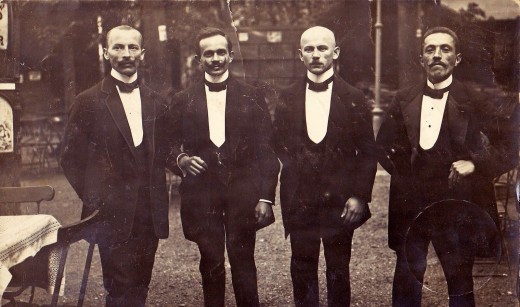
Samuel Johnson
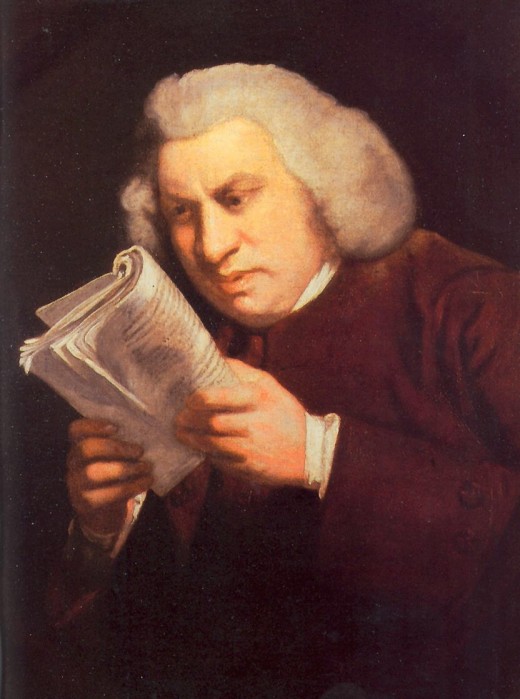
Where did the Word Tip Come From?
It is not know for certain where the word tip came from but some historians link the origins of the word to the English writer Samuel Johnson. ( d.1784). Johnson and his peers regularly used a coffeeshop that had a bowl labeled "To Insure Promptitude". The customers placed coins in this bowl to ensure better service. Over time, To Insure Promptitude was abbreviated to T.I.P and eventually became tip. It is possible that this happened in coffee shops and pubs all over London at this time.
In 1972 George Foster Professor Emeritus of Anthropology at UC Berkeley researched the origins of the word tip in several languages. His findings showed that the word frequently evolved from the word 'drink money'. In fact the German word for tip is das trinkgeld, which translated means drink money.
History of Tipping in the US
By the 1900s tipping had become the norm, although there was resistance to the practice. Some American citizens believed that tipping was against the countries ideas and it reinforced a dependence of one class on the other. In fact an article in the New York Times in 1897 highlighted the growth of a movement against the practice of tipping. In 1904 the Anti Tipping Society of America was formed in Georgia and in 1909 six states passed anti tipping laws. However they were rarely enforced and by 1926 they had all been repealed.
In the 1960s Congress agreed to a lower minimum wage for workers if a portion of their salary comes from tips.
Do you tip for bad service?
In conclusion, tipping originating in the 1800's in the US has become an expected part of good customer service. Customers generally leave a tip that they feel reflects the value of the service they received, although it is considered bad form to leave no tip even if your service was poor.
© 2015 Ruthbro


